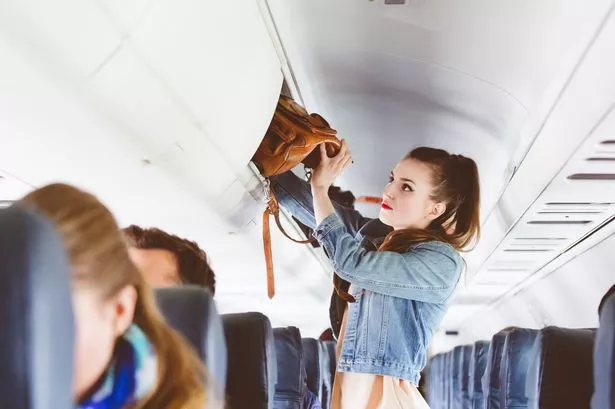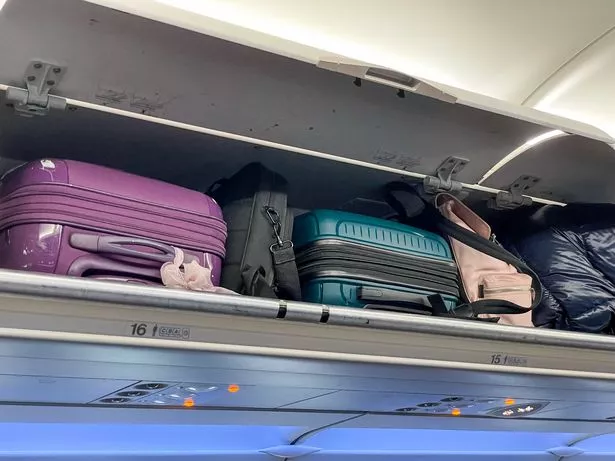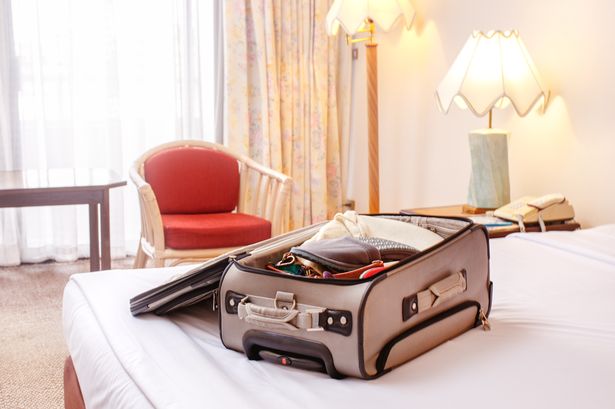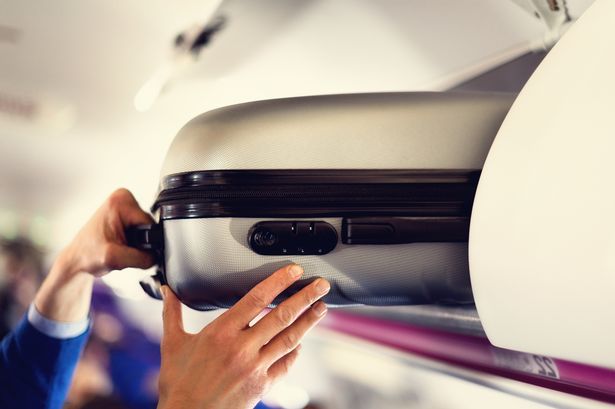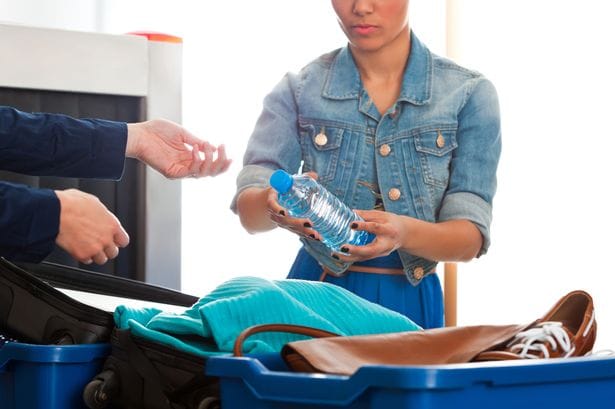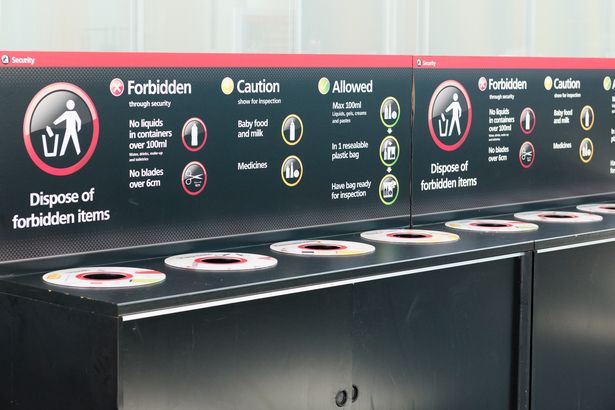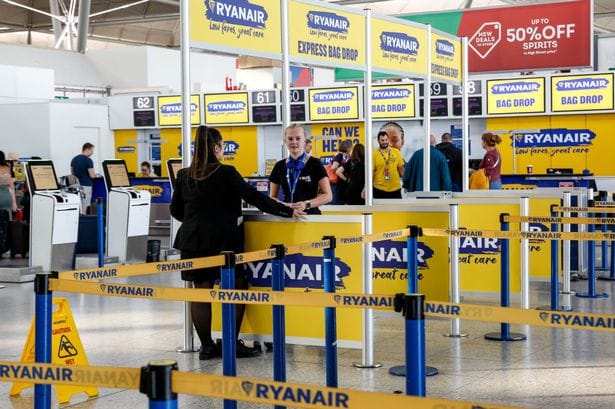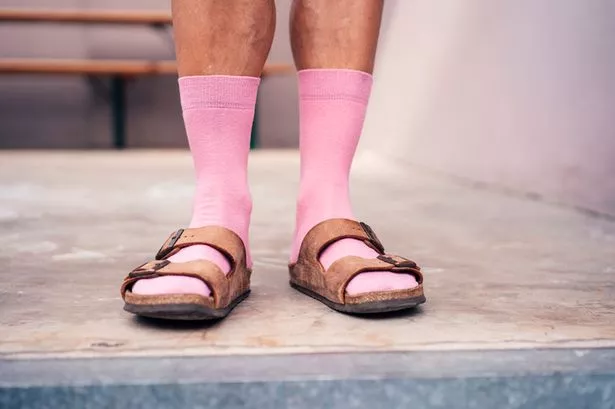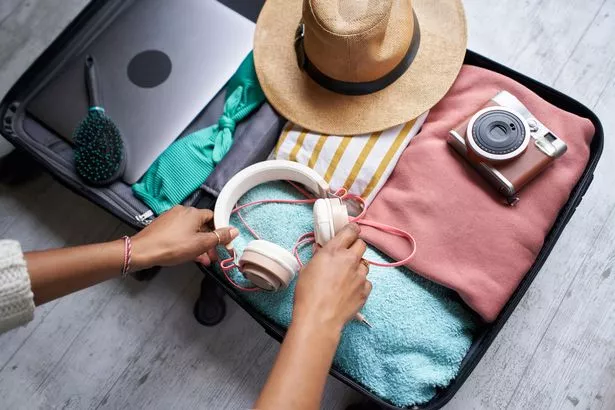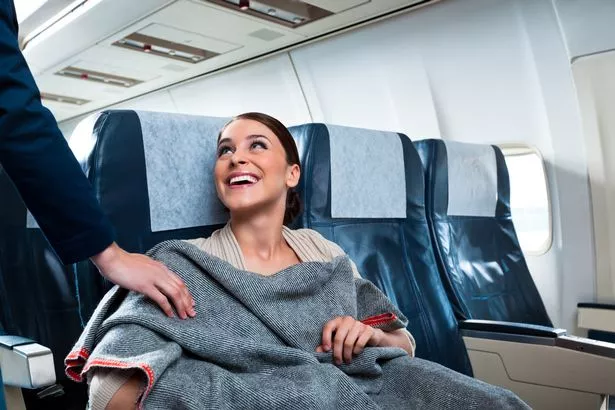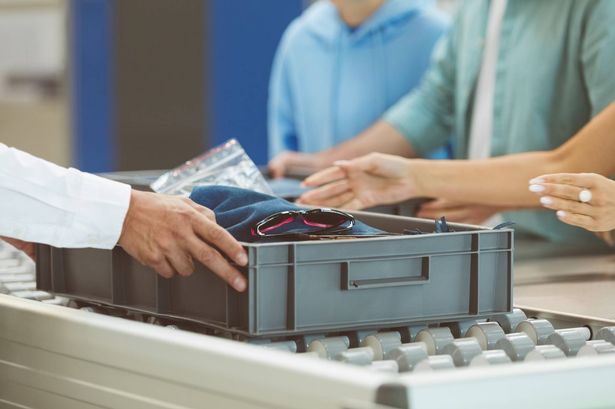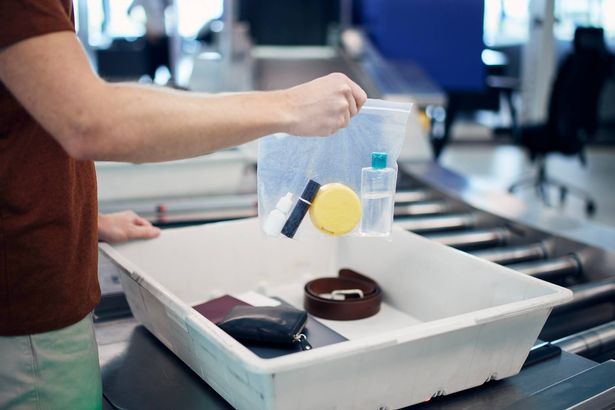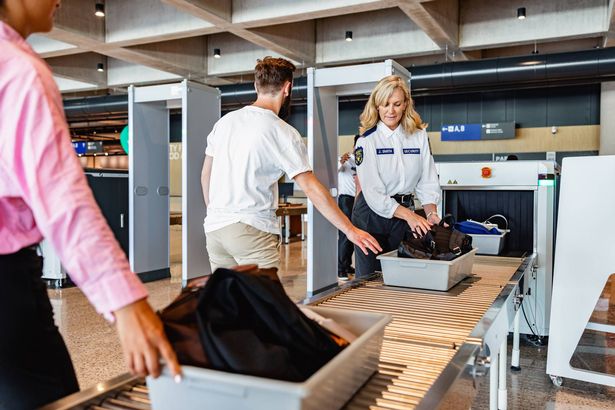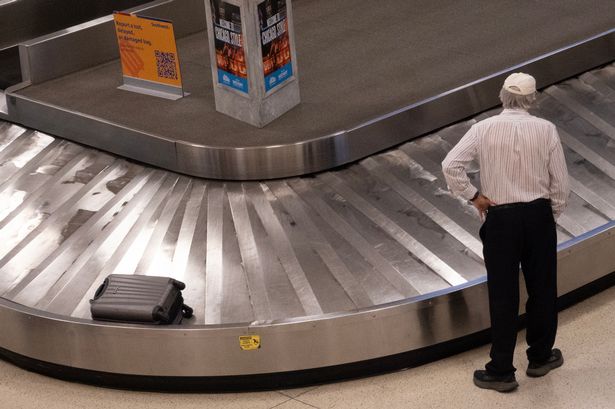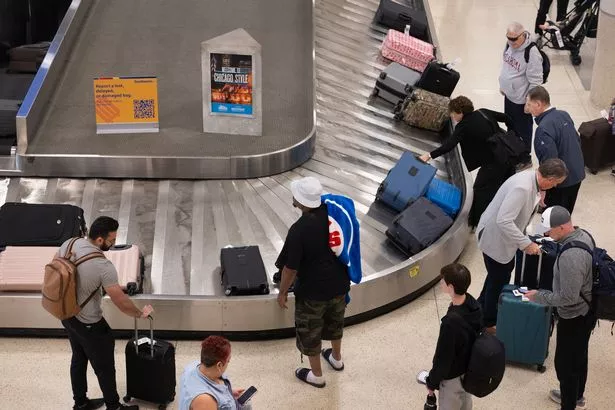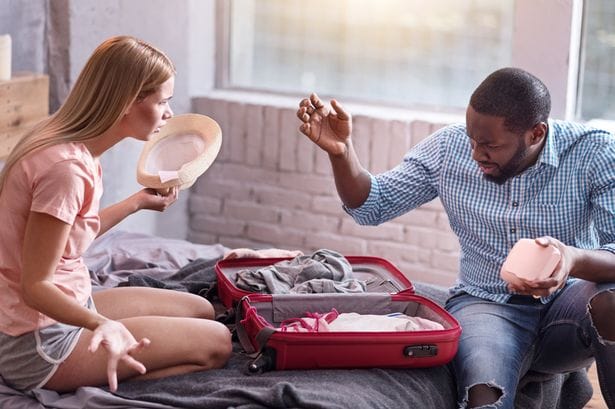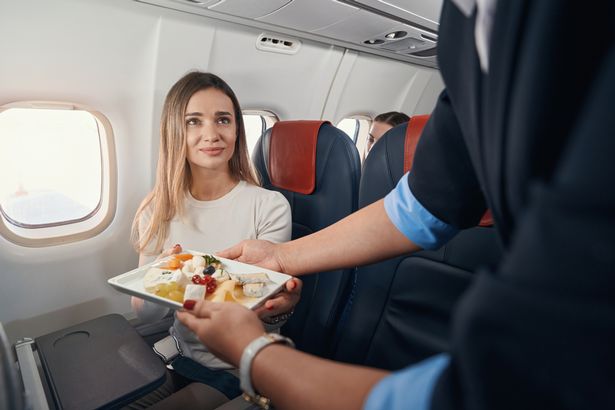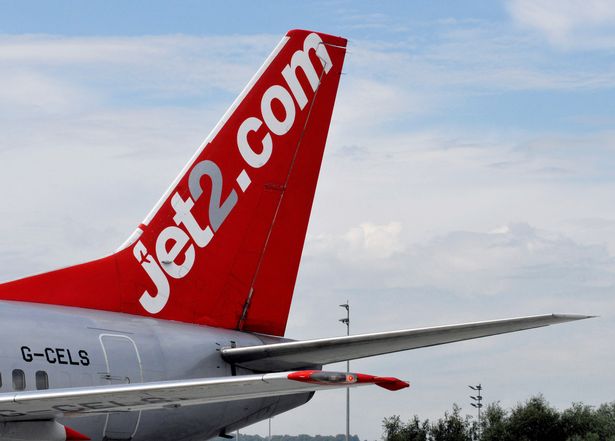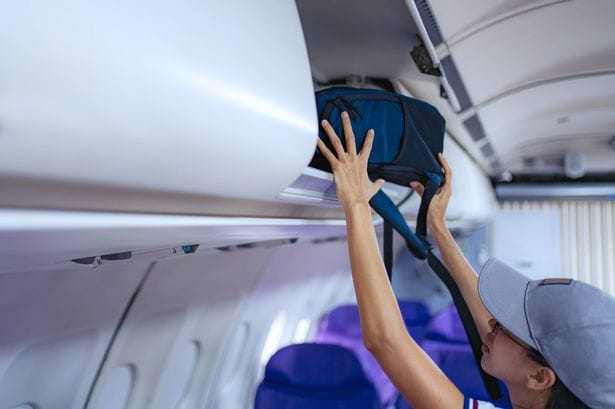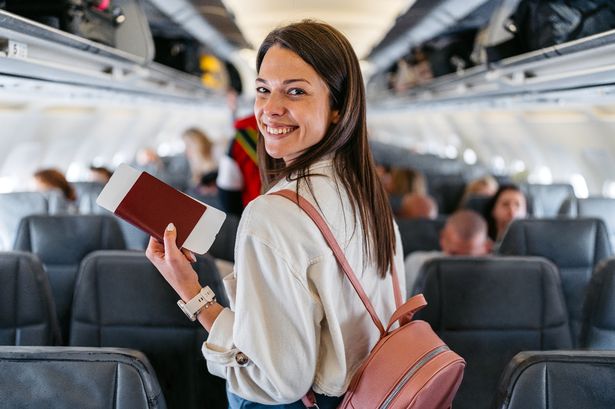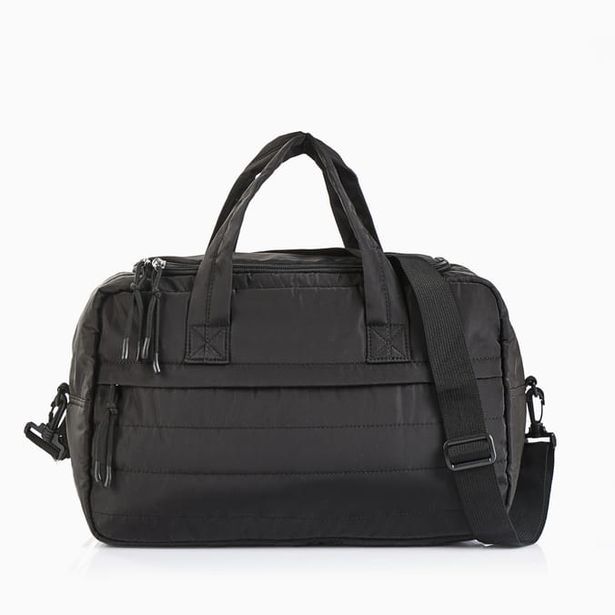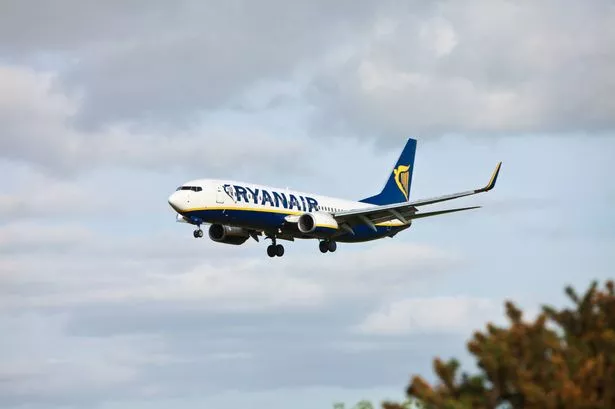Brits flying with the likes of Ryanair, easyJet, Jet2 and British Airways need to navigate hand luggage rules but fashion insiders have revealed their trick to avoid facing hefty fines
Packing for a holiday should be a fun process, but we all know that between navigating hand luggage rules to checking your travel documents, it can sometimes become a headache.
Airlines such as Ryanair, Jet2, easyJet, Wizz Air, British Airways and Virgin Atlantic all have different rules around what you can and can’t take in hand luggage, and what the weight limit is for those bags.
There’s always that dreaded moment when your bag gets weighed at check-in, and you hold your breath and hope you won’t go over the limit forcing you to choose between frantically repacking in front of the whole queue, or accepting sometimes hefty charges. In fact, it’s estimated that in 2024, Brits spent approximately £205 million on overweight baggage fees.
It’s not just the weight of your bag that’s a factor either; the size comes into play too. For example, on Ryanair flights you can bring one free bag but it must measure no more than (40 x 20 x 25 cm) and fit under the seat. A second bag could incur costs of up to £36. With easyJet, the dimensions of your carry-on bag—including the handle and wheels—must not exceed 56 x 25 x 45 cm. If you go over this, you could be charged up to £40 to store your bag in the hold.
The good news is that there are some easy hacks to help you stick to the weight limit in the meantime. Fashion experts at Joe Browns have shared their top tips on how to pack lightly while still managing to get all of your essentials into your bag. Check out their top tips below…
- Focus on essentials: Go for items that have multiple purposes. Prioritise versatility over volume to avoid overpacking.
- Wear heavier items: Need bulky trainers or thick jumpers for your trip? Wear them on the plane to save space in your luggage.
- Plan outfits in advance: Before packing, consider how each item works together to create multiple combinations. Planning mix-and-match looks helps you travel lighter and stay effortlessly stylish throughout your trip.
- Be smart with layers: Rather than packing extra ‘just-in-case’ items, opt for layers that can be added or removed depending on the weather.
- Weigh your bag before you leave: Use a handheld luggage scale at home to avoid surprise charges at the airport.
- Consolidate toiletries and make-up: Streamline your holiday beauty routine by choosing multi-use products or minis. It’s a great excuse to keep things low-maintenance and leaves room for that one outfit you just couldn’t leave behind.
There could be good news on the way for passengers though, as a major ruling may soon allow holidaymakers to take two bags into plane cabins, for no extra charge. Just last week, the EU’s Transport and Tourism Committee proposed changes to EU passenger rights rules by 38 votes to two and two abstentions.
The proposals still need to be voted through by the European Parliament in the coming weeks, and then discussed by country representatives for the European Council, but it’s already a step in a positive direction for those who struggle to pack everything into one bag.
Have you found a clever luggage hack? Email us at [email protected].
